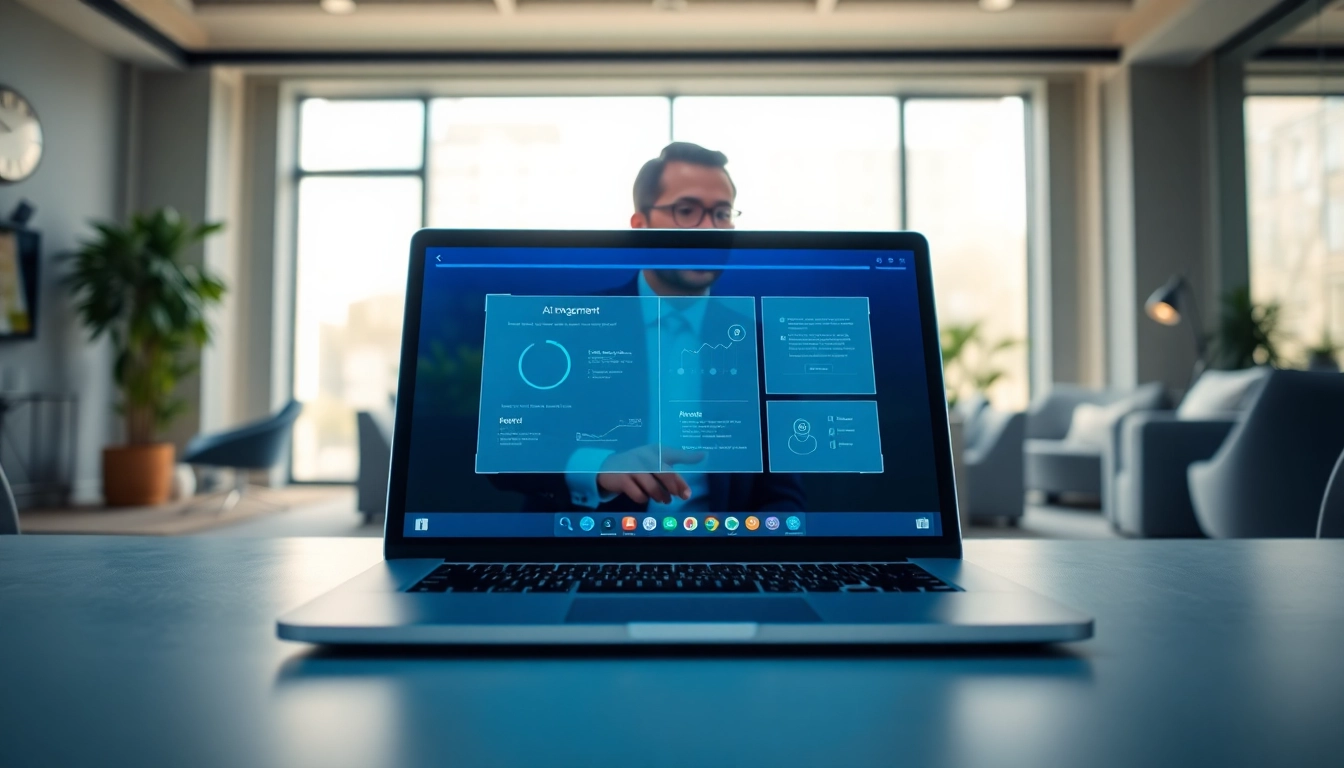Essential Steps to Successfully Buy a House Today
Buying a home is one of the most significant investments you will make in your lifetime. Whether you are a first-time buyer or looking to invest in another property, understanding the process and what to expect is crucial. This comprehensive guide will walk you through everything you need to know to buy a house, from the initial steps of determining your budget to finally closing the deal.
Understanding the Process to Buy a House
The journey to homeownership can seem overwhelming, but breaking it down into manageable steps makes it more achievable. By understanding the home buying process, you increase your chances of making informed decisions.
Key Steps in the Home Buying Journey
- Pre-Approval: Before you start looking at homes, obtaining a mortgage pre-approval should be your first step. This process gives you a clearer picture of how much you can afford and strengthens your position when making an offer.
- House Hunting: Once you have a budget in mind, start browsing listings in your desired area. Identifying what you’re looking for in a home, including size, style, and proximity to amenities, will help narrow your search.
- Making an Offer: After finding a property you love, the next step is to make an offer. Your real estate agent will help you determine a fair price based on comparable properties and other market factors.
- Home Inspection: A thorough inspection can identify any potential issues that may affect the property’s value or require costly repairs. It’s a crucial step before finalizing your purchase.
- Closing the Sale: This involves signing all necessary paperwork and finalizing your mortgage. Be prepared for various costs at closing, including title insurance, appraisal fees, and other associated expenses.
Common Mistakes to Avoid
When navigating the process to buy a house, avoid these pitfalls:
- Skipping Pre-Approval: Going house hunting without knowing your budget can lead to disappointment.
- Not Researching Areas: Evaluate neighborhoods not just for aesthetics, but for commuting, safety, schools, and other factors important to your lifestyle.
- Ignoring Hidden Costs: Remember to account for ongoing costs such as property taxes, maintenance, and homeowners’ association fees.
Essential Documentation Required
To expedite the buying process, gather these documents early:
- Government-issued identification
- Proof of income (pay stubs, tax returns)
- Bank statements
- Pre-approval letter from your mortgage lender
Determining Your Budget to Buy a House
Establishing a budget is one of the most critical steps when considering purchasing a home. You want to ensure that your future monthly mortgage payment fits comfortably within your financial means.
Calculating Affordability
To determine what you can afford, consider the following:
- Income Assessment: Calculate your total monthly income and factor in secondary sources like investments or side jobs.
- Debt-to-Income Ratio (DTI): Financial experts typically recommend that your monthly housing costs should not exceed 28-31% of your gross monthly income.
- Future Financial Goals: Account for savings, retirement contributions, and emergency funds to avoid financial strain.
Understanding Financing Options
When it comes to financing, a variety of loan options are available:
- Conventional Loans: These are typically fixed-rate loans that are not insured by the federal government. They may require a higher credit score.
- FHA Loans: Backed by the Federal Housing Administration, these loans are designed to help first-time buyers and those with lower credit scores.
- VA Loans: Available for veterans and active duty military, these loans often allow for 0% down payment.
- USDA Loans: These are for rural home buyers and typically require no down payment and lower mortgage insurance costs.
Hidden Costs of Buying a House
Surprises can occur after the initial purchase price is set. Be on the lookout for:
- Closing Costs: These include title insurance, attorney fees, and loan origination fees which can tally up to 2-5% of the purchase price.
- Maintenance and Repairs: Older homes especially may need upkeep or renovations. It’s wise to set aside a percentage of your home’s value annually for unexpected repairs.
- Property Taxes and Homeowners Insurance: Plan for these ongoing costs as they can impact your monthly budget significantly.
Finding the Right Location to Buy a House
Location can significantly impact your property’s value and quality of life. Researching the neighborhood beforehand can help you make an informed decision.
Factors to Consider When Choosing a Neighborhood
Evaluate potential neighborhoods based on:
- Safety: Review crime rates and community safety maps.
- School Quality: For families, access to reputable schools can be a leading factor in neighborhood selection.
- Access to Infrastructure: Look at public transportation, main roads, and the proximity of retail businesses.
The Importance of Local Amenities
Consider how nearby amenities will improve your quality of life:
- Parks and Recreation: Proximity to parks, gyms, and leisure facilities can enhance family life.
- Shopping and Dining: Easy access to grocery stores, restaurants, and entertainment can save time and improve convenience.
- Healthcare Facilities: The availability of nearby hospitals and clinics is crucial for health emergencies.
Evaluating Market Trends in Desired Areas
Understanding the current market in your chosen location can guide your timing and strategy:
- Appreciation Rates: Investigate how the values of homes in the area have changed over the years.
- Types of Sales: Notice if homes are selling quickly or if many are classified as “stale,” as this can inform your negotiation options.
- Future Developments: Research any planned infrastructure developments that might impact property values positively or negatively.
Navigating Home Viewings and Inspections to Buy a House
Your home viewing and inspection process are fundamental to ensuring your investment is sound. Here’s how to make the most of these opportunities.
Preparing for Successful Showings
When visiting homes, keep these tips in mind:
- Be Punctual: Arriving on time shows that you are serious and respects the seller’s schedule.
- Bring a Checklist: Document each property’s pros and cons to compare them later.
- Ask Questions: Don’t hesitate to ask about the home’s history, the reasons for selling, and any prior issues.
What to Look For During Home Inspections
A detailed inspection is vital. Look for:
- Structural Integrity: Check for cracks in walls or doors that stick, which may signal foundation issues.
- Electrical Systems: Make sure the wiring is up to code, and all outlets function correctly.
- Plumbing: Inspect for leaks, water pressure issues, and the age of the HVAC system.
Red Flags When Viewing Properties
Stay vigilant for warning signs:
- Mold and Mildew: An odor or visible growth may indicate water damage that could involve expensive repairs.
- Overpriced Listings: If a home appears too good to be true considering its features and location, exercise caution.
- Low-Quality Materials: Check for cheap or poorly installed materials that may signal corners were cut during construction.
Closing the Deal to Buy a House
Once you’ve found your dream home, understanding the closing process is essential to completing your purchase.
Understanding the Closing Process
Closing usually involves several steps:
- Reviewing the Closing Disclosure: This document includes final loan terms and estimated closing costs. Ensure all details are accurate.
- Final Walk-Through: Before closing day, do a final inspection to confirm that agreed-upon repairs were completed and the home is in the same condition as the contract stipulated.
- Signing Documents: You’ll sign comprehensive legal documents, including the mortgage, the deed, and various disclosures.
Final Checklist Before Closing
Before closing, ensure you complete these tasks:
- Finalize Financing: Double-check all financing arrangements and ensure that the funds for your down payment are readily available.
- Get Homeowners Insurance: Obtain a policy to protect your investment and fulfill mortgage requirements.
- Satisfy Contingencies: Address any remaining contingencies in your sales contract before closing.
Post-Purchase Considerations
After closing, move-in preparations should include:
- Home Security: Change locks and consider a security system for peace of mind.
- Utilities Setup: Ensure that essential services such as electricity, water, and internet are transferred to your name.
- Landscaping and Minor Repairs: Take time to personalize your new home and address any minor repairs that can enhance your living experience.
In conclusion, the journey to buy a house is filled with necessary steps that require careful planning and diligence. By understanding the process, budgeting wisely, choosing the right location, and navigating home inspections and the closing process effectively, you will not only navigate the complexities of real estate but also find the perfect home for you and your family.














Post Comment